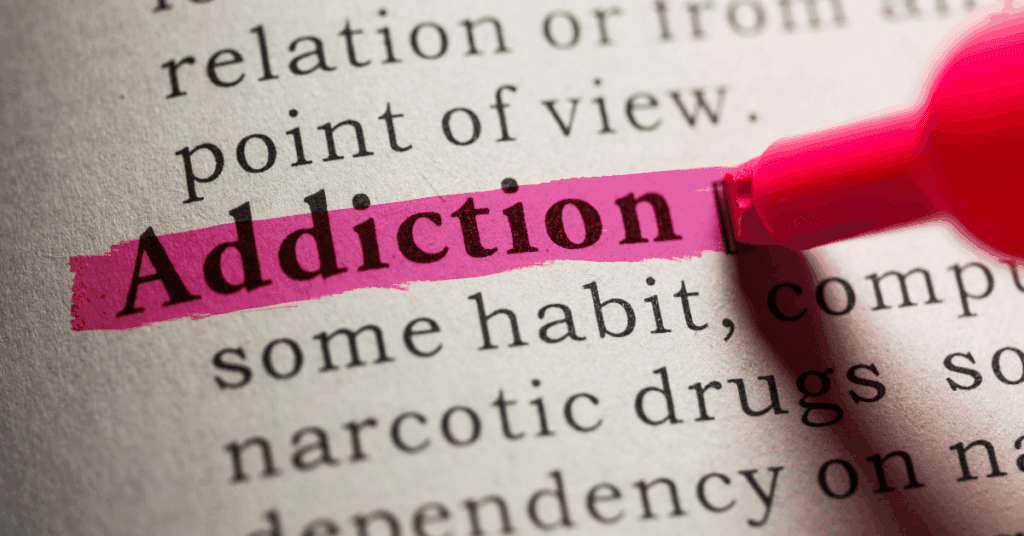Alcohol addiction is a condition that affects millions of people around the world, and South Africa is no exception. The psychological effects of this addiction are often underestimated, even though they influence nearly every aspect of a person’s life. Understanding how alcohol impacts the brain and emotions can help explain why it is so difficult to quit, and why recovery requires more than just physical detox. This article takes a deep look at the psychological effects of alcohol addiction, exploring how it alters thinking, mood, and behaviour, and what can be done to reverse those changes.

How Alcohol Affects the Brain
Alcohol directly impacts the brain’s chemistry and communication pathways. When a person drinks, alcohol enters the bloodstream and quickly travels to the brain, where it affects neurotransmitters like dopamine and gamma-aminobutyric acid (GABA). These chemicals are responsible for mood, pleasure, and relaxation. Over time, the brain becomes dependent on alcohol to maintain balance, and natural production of these chemicals begins to slow down.
At first, alcohol may feel like it reduces stress or improves mood, but repeated use changes how the brain functions. The body adapts to the presence of alcohol, meaning more is needed to feel the same effect. This process is known as tolerance, and it is a key step in addiction. Once tolerance develops, the brain’s reward system becomes altered, and alcohol takes priority over normal daily activities and responsibilities.
As dependency grows, people often lose interest in hobbies, relationships, and work. The brain starts associating alcohol with relief and comfort, which reinforces cravings. Over time, the brain can no longer regulate emotions and pleasure properly without alcohol, leading to irritability, depression, and anxiety when sober.
Why Alcohol Addiction Leads to Emotional Instability
One of the most visible psychological effects of alcohol addiction is emotional instability. People who drink heavily often experience sudden changes in mood, from excitement to sadness, and from confidence to anger. These emotional swings happen because alcohol disrupts the part of the brain responsible for managing emotions and judgement.
During drinking sessions, alcohol may create a false sense of calm or happiness, but once it wears off, the brain’s chemistry struggles to find balance again. This often leads to feelings of guilt, shame, and frustration. Long-term drinkers may develop depression or anxiety that becomes worse when they try to stop drinking.
In some cases, people use alcohol to manage mental health distress, but this only creates a harmful cycle. The more they drink to escape emotional pain, the more dependent they become. Over time, their ability to handle stress or sadness without alcohol diminishes.
Can Alcohol Cause Depression and Anxiety?
Yes, alcohol can trigger both depression and anxiety. It is common for heavy drinkers to experience persistent sadness, loss of interest in life, and chronic worry. Alcohol is a depressant, meaning it slows down brain function and interferes with mood regulation.
In the short term, drinking might seem to reduce anxiety because it relaxes the body, but that relief is temporary. When alcohol levels drop, the body reacts by increasing stress hormones, leaving a person feeling more anxious and restless than before. This effect becomes more severe over time as the body adjusts to alcohol’s presence.
The link between alcohol and depression is also strong. People with depression often turn to alcohol as a form of self-medication, but drinking makes symptoms worse in the long run. Alcohol affects sleep, decision-making, and self-esteem, all of which contribute to a deeper emotional decline.
The Role of Memory Loss and Cognitive Decline
Alcohol addiction often leads to memory problems and cognitive decline. Prolonged drinking damages brain cells and reduces the brain’s ability to form new memories. People may experience blackouts, where they cannot recall events that occurred while they were intoxicated. Over time, this damage can affect learning, focus, and problem-solving abilities.
Chronic alcohol use is linked to a condition called Wernicke-Korsakoff syndrome, caused by a severe deficiency of vitamin B1 (thiamine). This syndrome leads to confusion, difficulty walking, and permanent memory loss if untreated.
Even without developing serious brain disorders, long-term drinkers often find that their thinking becomes slower, their reaction times decrease, and their decision-making becomes impaired. These changes can persist even after stopping alcohol, though some recovery is possible with proper rehabilitation and mental health support.
How Alcohol Affects Relationships and Social Behaviour
Alcohol addiction changes how people behave in social situations. It can make individuals more impulsive, argumentative, or withdrawn. Relationships with family, friends, and colleagues often suffer as a result.
Alcohol reduces inhibitions, which may lead to saying or doing things that cause regret later. Over time, this can create conflict, distrust, and emotional distance between loved ones. Many families experience stress and breakdown due to the unpredictability that comes with living with someone who drinks heavily.
Isolation is another common effect. People with alcohol addiction often withdraw from others to hide their drinking habits or avoid judgement. This isolation worsens feelings of loneliness and depression, reinforcing the cycle of addiction.
The Psychological Strain of Withdrawal
When someone dependent on alcohol stops drinking, withdrawal symptoms appear within hours. These symptoms are both physical and psychological. Common psychological withdrawal effects include anxiety, irritability, confusion, and depression. Some people also experience vivid nightmares or hallucinations during the first few days of withdrawal.
These symptoms occur because the brain is trying to function without alcohol after becoming dependent on it. During active addiction, alcohol suppresses certain brain activities, and when removed, the brain becomes overstimulated, causing restlessness and panic.
The fear of withdrawal is one of the main reasons many people struggle to quit. They worry about how they will cope without the substance their brain has learned to rely on. This is why proper medical and emotional support is necessary during detoxification, as it provides a safer and more controlled environment for recovery.
How Self-Esteem and Identity Are Affected
Alcohol addiction often causes deep damage to a person’s self-image and confidence. As the addiction takes control, people may begin to see themselves only through the lens of their drinking habits. Guilt, shame, and regret become constant emotions.
Many individuals start comparing their current life to who they were before alcohol became a problem. They may feel trapped between wanting to quit and fearing failure. This internal conflict creates a mental battle that feeds anxiety and hopelessness.
Recovery requires rebuilding self-esteem by setting small, achievable goals and learning to accept progress rather than perfection. Understanding that relapse is a part of recovery for many can also help restore confidence and perspective.
Alcohol and Aggression: Why Does It Make People Angry?
Alcohol lowers inhibitions and impairs judgement, making people more likely to act impulsively. For some, this means becoming more talkative or relaxed. For others, it can lead to aggression and anger.
When intoxicated, a person’s brain processes emotions differently. Small annoyances may feel much larger, and rational thinking becomes difficult. People under the influence are more likely to misinterpret words or actions, leading to unnecessary conflict.
Over time, alcohol-related aggression can destroy relationships and lead to legal problems or violence. Understanding this psychological effect is key to recognising that alcohol changes not just mood but also how people perceive and respond to the world around them.
Can Alcohol Addiction Change Personality?
Yes, alcohol addiction can cause noticeable personality changes. People may become more secretive, defensive, or unpredictable. The constant need for alcohol can make them focus less on responsibilities and more on finding their next drink.
Family members often notice these changes first. Someone who was once reliable and calm may become unreliable or moody. These changes are not a reflection of who the person truly is but a result of how alcohol rewires the brain’s reward and stress systems.
With long-term sobriety, many of these changes can reverse. The brain has a remarkable ability to heal, especially when supported by therapy, nutrition, and stable routines.
How Recovery Helps Reverse the Psychological Effects
The brain and mind can recover with time and support. During recovery, brain function gradually improves, and emotional balance begins to return. People often report clearer thinking, improved sleep, and better stress management after a few months of sobriety.
Therapy plays an important role in recovery. Counselling helps individuals identify the emotional triggers behind their drinking and develop healthier coping mechanisms. Support groups provide community and accountability, both of which are powerful tools for long-term success.
Recovery also involves learning how to replace old habits with positive ones. Physical activity, healthy eating, and mindfulness practices can help restore stability and build resilience. Over time, the psychological fog that alcohol creates starts to fade, allowing people to reconnect with their goals and values.
Why Understanding Psychological Effects Matters
Recognising the psychological effects of alcohol addiction is crucial for recovery and long-term wellbeing. Addiction is not just about physical dependence; it is deeply tied to emotions, thought patterns, and self-perception.
When people understand how alcohol changes their mind and emotions, they can make better choices about treatment and prevention. This awareness encourages empathy and reduces stigma, helping more people seek help.
Acknowledging these effects is also the first step toward healing. Alcohol addiction treatment is effective and available, and with the right support, people can rebuild their lives, regain control, and rediscover their identity free from dependence.

